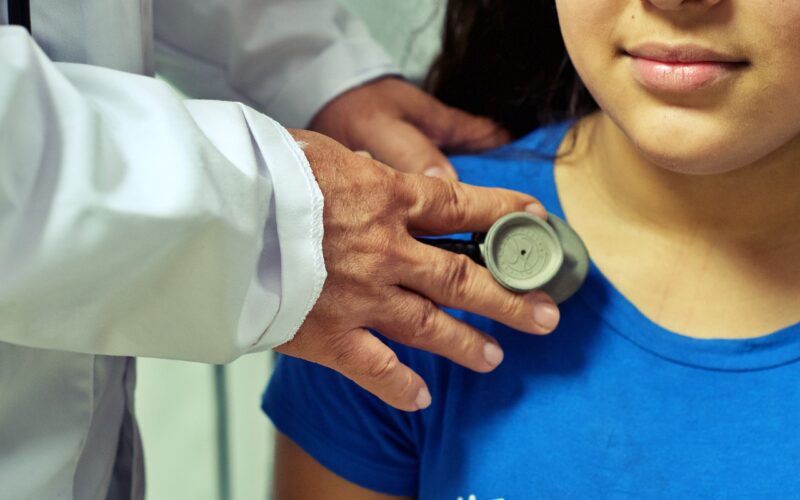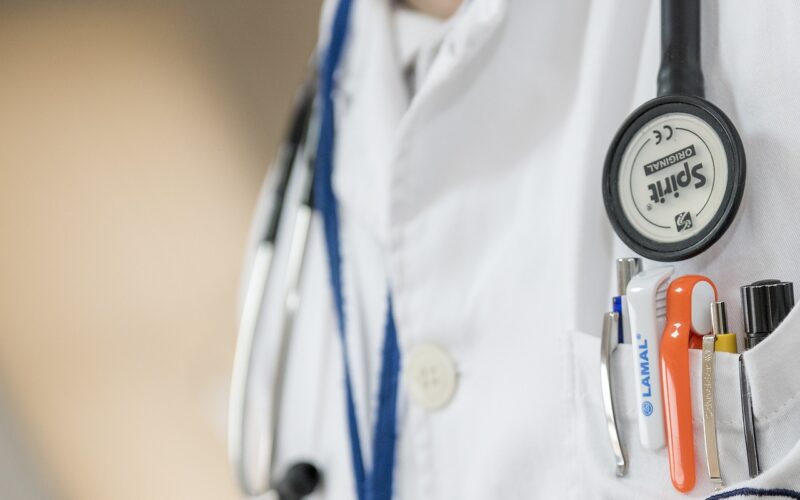Always Bloated?
If you're struggling to understand why your stomach is always bloated, you’re not alone. Bloating after meals can be uncomfortable and embarrassing, often making it difficult to enjoy social situations or feel confident in yourself.
Fortunately, understanding the various causes of bloating and how to prevent or manage them can help minimise its effects and help you get back on track feeling healthy again.
Potential causes include stress
Bloating can be an uncomfortable and inconvenient experience, with the most common causes being dietary issues such as eating too much, eating sugary or fatty foods, or consuming carbonated drinks.
Additionally, eating quickly can lead to swallowing a lot of air which then leads to bloating. Other potential causes include stress, dehydration, hormone fluctuations, certain medications and lactose intolerance.
Certain types of bacteria in the digestive tract have also been linked to bloating. Of course it is important to consult with a medical professional about your own personal bloating for more individualised guidance on treatment options.
Common signs of bloating include abdominal pain
Bloating is a common problem that affects many people and can often cause discomfort and distress for those who experience it. It's important to be aware of the signs so that you can deal with bloating in the most effective way.
Common signs of bloating include abdominal pain, feeling full after only a few bites of food, an increase in abdominal size, burping or gas, increased fragility and difficulty digesting certain foods. Other indications may include difficulty buttoning pants comfortably or an increase in upright posture when sitting, as bloating can make it difficult to comfortably lean back in your chair.
If you regularly experience some of these symptoms and are concerned about being bloated, it's worth seeking help from a medical professional who can help advise on how best to manage the problem.
Identifying the primary cause of your bloating
Diagnosing the cause of your bloating is essential to understanding and managing it effectively. If your bloating arises suddenly or often, it is important to seek a consultation with your health professional as soon as possible.
To help diagnose the underlying cause of your bloating, it is important to keep track of any changes that could be related to the bloating such as altered activities, diet and medications. Other factors like menstrual cycle or pre-existing medical conditions should also be assessed by your practitioner.
Additionally, tests such as stool analysis, blood tests or imaging can be used in order to rule out underlying causes or integrated into a diagnostic evaluation. Depending on the severity of the symptoms and other factors, treatment can range from lifestyle modifications like hydration and exercising regularly to medication intervention and further testing.
Therefore, making sure you have identified the primary cause of your bloating is key in finding a successful remedy.
Treatment options for chronic bloating
Chronic bloating is a common condition that can cause significant discomfort and embarrassment. The good news is that it is often treatable with a few simple lifestyle changes and medications.
Regular exercise, such as light cardio and abdominal strengthening exercises, can help support healthy digestion while helping to decrease gas production.
Additionally, dietary changes to reduce the intake of certain foods known trigger bloating such as beans, cabbage or dairy products can also significantly improve discomfort.
For more severe cases of chronic bloating, medications like antispasmodic agents (e.g. Alverine Citrate) or probiotics may be prescribed to provide relief from symptoms.
Ultimately, finding the right treatment for chronic bloating will likely require a combination of lifestyle changes and perhaps even medical assistance in order to get the most effective relief from this condition.
Prevent chronic bloating from happening in the first place
Preventing chronic bloating can be achieved by eating a well-balanced and low-sodium diet that incorporates plenty of fibre, probiotics, and water.
Foods that are high in artificial sweeteners, refined sugars, fried foods, wheat products and beer should be avoided as much as possible. Eating foods slowly and chewing them completely can also help to reduce gas pain and bloating associated with slow digestion.
It is important to stay hydrated as dehydration can lead to an excess build up of gas in the abdomen which can cause bloating. Regular physical activity is another key factor in preventing chronic bloating as it allows for better metabolism and absorption of nutrients during digestion.
Lastly, reducing stress levels through relaxation techniques such as yoga or meditation may also help the body to digest food properly.














